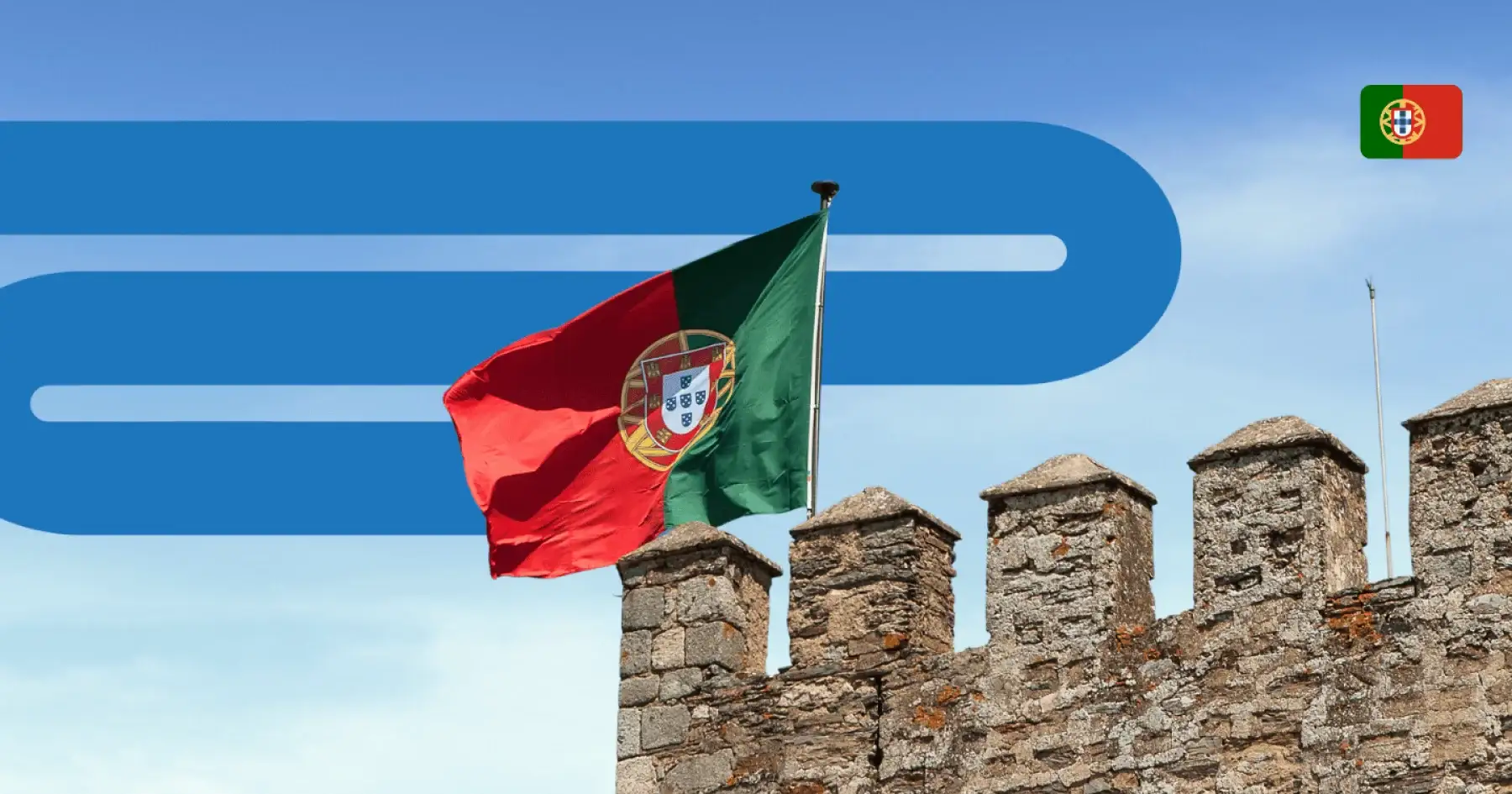- Le Portugal modifie sa politique d'immigration afin de réduire le nombre total d'immigrants, notamment en limitant les visas de demandeurs d'emploi aux seuls professionnels hautement qualifiés. Cette mesure vise les secteurs considérés comme peu qualifiés, tels que l'hôtellerie et la construction, et vise à attirer des talents plus qualifiés afin de renforcer l'économie et de soutenir la croissance des salaires.
- Pour soutenir les professionnels hautement qualifiés, le Portugal est en train de créer un service de traitement des demandes d'immigration au sein de l'AIMA afin d'accélérer le traitement des visas, et prévoit des partenariats avec des universités et des entreprises. Cette priorité vise à rendre le pays plus compétitif pour attirer les talents internationaux qualifiés et pourrait obliger les entreprises qui dépendent de travailleurs étrangers peu qualifiés à repenser leurs stratégies en matière de main-d'œuvre.
- Les droits en matière de regroupement familial seront renforcés par une obligation de résidence légale de deux ans avant que les membres de la famille (conjoints, parents) puissent rejoindre l'entreprise, sauf pour les citoyens de l'UE, les titulaires d'un permis de séjour pour investissement et les professionnels hautement qualifiés, qui sont exemptés de cette période d'attente. Ces changements risquent de compliquer les programmes de relocalisation d'entreprises impliquant des membres de la famille qui les accompagnent.
- La loi portugaise sur la nationalité fera l'objet de réformes majeures, notamment l'extension des exigences de résidence pour la citoyenneté de 5 à 10 ans (7 ans pour les pays lusophones), des critères plus stricts pour les enfants nés au Portugal, et la fin de la nationalité par ascendance juive sépharade. Ces changements s'appliquent rétroactivement aux demandes déposées après le 19 juin 2024, ce qui a un impact significatif sur la planification à long terme des employés immigrés.
Le Portugal prend des mesures fermes pour réduire l'immigration et se concentrer sur l'attraction de professionnels hautement qualifiés. Dans un ensemble de propositions récemment approuvées, le gouvernement a présenté des mesures qui affecteront de manière significative la mobilité globale, l'immigration des employés et les plans de relocalisation pour les entreprises qui opèrent dans le pays ou qui y envoient des talents.
Voici ce que les entreprises et les experts en ressources humaines et en mobilité mondiale doivent garder à l'esprit.
Une nette préférence pour les professionnels hautement qualifiés
L'objectif du gouvernement est de réduire le nombre total d'immigrants entrant au Portugal, en particulier ceux qui viennent chercher un emploi dans des secteurs tels que l'hôtellerie et la construction. À l'avenir, l'accent sera mis sur l'attraction de professionnels hautement qualifiés.
L'un des changements les plus immédiats est la restriction des visas de demandeur d'emploi. Ces visas étaient principalement demandés par des ressortissants de pays lusophones à la recherche d'un emploi dans des secteurs n'exigeant pas de hauts niveaux de qualification. En vertu des nouvelles règles, seuls les professionnels possédant des qualifications supérieures seront autorisés à présenter une demande.
De même, les citoyens de la Communauté des pays de langue portugaise (CPLP) ne pourront plus demander leur permis après être arrivés au Portugal sans visa. Cette mesure affecte les ressortissants de pays tels que le Brésil et le Timor-Oriental qui prévoyaient de régulariser leur séjour une fois arrivés dans le pays.
Traitement plus rapide des demandes de talents qualifiés
Les professionnels considérés comme hautement qualifiés bénéficieront d'avantages dans le cadre du système d'immigration. Un département spécialisé sera créé au sein de l'AIMA (Agência para a Integração, Migrações e Asilo) afin d'accélérer le traitement de ces dossiers. Des partenariats avec les universités et les grandes entreprises sont également prévus pour soutenir cette stratégie axée sur les talents.
L'objectif de ces incitations est de rendre le Portugal plus compétitif en attirant des talents internationaux qualifiés, en soutenant des objectifs économiques à long terme tels que la croissance des salaires et l'augmentation des investissements dans les industries à forte valeur ajoutée.
Ce changement devrait affecter les entreprises qui font actuellement appel à des travailleurs étrangers pour occuper des postes peu qualifiés. Le ministre de la présidence, António Leitão Amaro, a déclaré que le marché devra s'adapter et que si les entreprises continuent de dépendre de fonctions que le gouvernement ne soutient plus par le biais de l'immigration, il est peut-être temps de repenser leur modèle de main-d'œuvre.
Des règles plus strictes en matière de regroupement familial
Le droit au regroupement familial sera également soumis à de nouvelles limites. Sauf dans certains cas, notamment pour les membres de la famille de citoyens de l'UE et les titulaires d'un permis de séjour pour investissement, les conjoints et les parents ne seront plus autorisés à rejoindre immédiatement les membres de leur famille. Ils devront attendre deux années complètes et présenter leur demande par voie consulaire depuis l'étranger.
Le gouvernement affirme que ce changement est nécessaire pour éviter de submerger les services publics tels que les soins de santé, le logement et l'éducation, qui sont déjà sous pression. Une exception sera faite pour les professionnels hautement qualifiés, ainsi que pour les demandeurs de résidence par le biais d'investissements et les familles de citoyens de l'UE. Ces groupes seront exemptés de la période d'attente de deux ans.
Pour les équipes chargées de l'immigration au sein des entreprises, ce changement pourrait avoir une incidence sur la manière dont les entreprises planifient les programmes de relocalisation des employés qui accompagnent des membres de leur famille.
Révision de la loi sur la nationalité
Au-delà des visas et des contrôles d'immigration, le Portugal propose également des modifications majeures de sa loi sur la nationalité. En voici les grandes lignes :
- Conditions de résidence pour l'obtention de la citoyenneté: Augmentation de cinq à dix ans pour la plupart des demandeurs. Les ressortissants lusophones seront soumis à une exigence réduite de sept ans.
- Enfants nés au Portugal: Au moins l'un des parents doit avoir résidé légalement dans le pays pendant trois ans avant de demander la nationalité au nom de son enfant.
- Perte de la nationalité: Proposée pour les personnes reconnues coupables de crimes graves et condamnées à des peines supérieures à cinq ans.
- Fin de la nationalité par ascendance juive sépharade: Ce programme historique est fermé en vertu des règles mises à jour.
Ces changements s'appliqueront rétroactivement aux demandes soumises après le 19 juin 2024.
L'arriéré de l'AIMA se poursuit
L'agence portugaise de l'immigration, l'AIMA, est déjà confrontée à un important arriéré. Plus de 54 000 affaires juridiques ont été introduites par des immigrés en attente d'une décision sur leur permis de séjour. Six juges seulement sont chargés de traiter ces affaires, ce qui retarde considérablement les résultats.
Le gouvernement a reconnu cette pression et a déclaré que les nouvelles règles sont en partie destinées à prévenir toute surcharge future. En limitant les demandes et en fixant des exigences plus claires, il espère réduire la pression actuelle sur les services et éviter le flou juridique dans lequel de nombreux demandeurs se sont retrouvés.
Cette situation renforce l'urgence pour les entreprises de repenser leurs stratégies de mobilité mondiale et de travailler avec des partenaires expérimentés en matière d'immigration qui comprennent l'évolution des règles et peuvent contribuer à réduire l'incertitude.
Ce que cela signifie pour l'immigration des entreprises
Pour les entreprises impliquées dans la mobilité mondiale ou cherchant à embaucher des talents internationaux, ces changements sont le signe d'une approche plus sélective de l'immigration des entreprises au Portugal. Les employeurs devront se concentrer sur l'embauche de professionnels qualifiés répondant aux nouveaux critères et collaborer avec des experts en immigration pour se conformer aux nouvelles règles.
Au fur et à mesure que la situation évolue, il est essentiel de rester informé et d'adapter vos stratégies de relocalisation afin de maintenir vos plans de main-d'œuvre sur la bonne voie.
Pour une assistance locale experte, contactez notre équipe.
Avis de non-responsabilité :
Les lois et les politiques en matière d'immigration changent fréquemment et peuvent varier en fonction du pays ou de la nationalité. Bien que nous nous efforcions de fournir des informations exactes et à jour, nous vous recommandons de faire preuve de diligence raisonnable ou de consulter des sources officielles. Vous pouvez également nous contacter directement pour obtenir les dernières informations. Jobbatical n'est pas responsable des décisions prises sur la base des informations fournies.


.svg)



.png)


.webp)





.svg)
